|
On 21st November Anita Sarkeesian tweeted to highlight the lack of female characters in the first episode of Disney’s new Star Wars show "The Mandalorian" and it caused an immediate backlash. The discourse that’s still raging raises some fairly universal arguments which are worth exploring. It’s this discourse I want to focus on here, not the accuracy or otherwise of Sarkeesian’s tweet as I have not seen "The Mandalorian". “Am I extremely tired or is there not a single female speaking character in the first episode of #Mandelorian?? I’ve gotta have missed something right???” @anitasarkeesian The vast majority of the thousands of responses to Sarkeesian's tweet were abuse. But when you filter out the anger you see some themes appearing. The main opposing arguments revolve around not shoehorning women into films that don’t require it. This is an opinion recently voiced by Martin Scorsese when asked why there are reportedly only 6 words spoken by a woman in his latest film “The Irishman”. Other opponents argue that we shouldn’t focus on the gender of the people on screen because a film doesn’t need to have women to be good. Therefore people should stop complaining if films don’t include women. It is true that a film or TV show with few (if any) women can still be good, and ones with few (if any) men can still be good too. But those with almost entirely male casts still massively outnumber those with the opposite proportion. It’s the cumulative effect that’s the issue, not the quality of the films. When you see film after film with hardly any women the frustration builds. The first episode of "The Mandalorian" is just yet another example in an already very long list. That’s not to say it’s not good in itself, just that it adds to an already male-dominated space. Another frequent response to someone pointing out gender inequality is that the content in question happens to be about men. You can’t shove an artificial a 50% female cast into a film about the front line in WWII, a male prison, a group of gangsters, or any other male dominated situations. It wouldn’t be true to life. I do agree with this argument and women don't acually want awkward unrealistic films just for the sake of just shoving women on screen. But it is often entirely possible to have more background or supporting characters be female without affecting the narrative, accuracy or tone in any way. But more importantly, why do filmmakers and commissioners keep making this heavily male dominated content? For example, there was so much more to WWII than only the front line. Can’t we see a film about women of the resistance, women who smuggled children across borders, who took on lifechanging new roles in the war only to have them taken back. Let’s hear about women who ran field hospitals, risking their own lives and suffering in incredibly difficult situations. Even when adapting male-dominated source material creative decisions are still made at every stage. You don’t need to gender flip exactly 50% of the characters or completely mangle the source material in order to create better representation. But neither do we need to keep using male dominated source materials when there are other stories to be told. Films that centre men keep being made on such a disproportionate scale that it’s as though they are the only stories worth telling. It’s even more annoying when sci-fi and fantasy films and TV shows create an entire new world and have every opportunity to make it more equally balanced but they actively choose not to. For example, in “Valerian and the City of a Thousand Planets” (2017) there are hundreds of alien species and dozens of supporting characters and speaking roles but barely half a dozen female characters in the whole film. Almost every human or alien in a position of authority is male, as is almost every character the leads encounter. “Valerian” is based on graphic novel source material but why is the gender of the side characters so sacred when there are so many creative decisions being made throughout the adaptation? Some argued against Sarkeesian by pointing out that there are women in key positions in the Star Wars franchise. And it's worth noting the creators have been making moves towards better gender and race equality. That’s an argument we hear about other areas of society. That if there’s a woman in charge of a company or political party it is demonstrably possible for a woman to achieve a position of authority. This apparently means there are no problems to solve lower down the chain. But a female CEO in an otherwise male-dominated company does not signify equal opportunities and treatment for all other women in the company. A female lead in a film with an otherwise male-dominated cast doesn’t mean there aren’t still issues in either overall reresentation or the way these characters are depicted. Gender-flip remakes, tokenistic characters and throwaway faux feminist lines don’t help and that’s not what women are asking for. These things come across as disingenuous to me as they do to anyone else. Believe me, women know what’s genuine inclusion and what’s a tokenistic marketing ploy. The sad thing is that if an all-female reboot offers a rare film centring women we’ll take it because we get so few films about women’s stories. I don't think these female reboots are nearly as bad as many make out, I've really enjoyed a lot of them. But hopefully the tide will start turning towards more original content. While it’s unhelpful to pick battles with things that aren’t especially problematic (again, I haven’t seen "The Mandalorian" so can’t comment on the validity or otherwise of Sarkeesian’s specific point) the conversation she sparked relates to much more than this one episode of one TV show.
Having a lack of female characters in one episode of "The Mandalorian" doesn’t mean it’s a bad show. It doesn’t mean there aren’t key female characters to come in later episodes and it doesn’t mean we should shoehorn a cast that exactly represents every sector of society according to the proportions of the country in which it was made. But it does highlight that a disproportionate amount of male-dominated content continues to be made. This is frustrating because everyone would benefit from seeing more diversity on screen, different kinds of characters and a different focus to what we’ve seen for decades Women don't want terrible unrealistic media content or to erase all men from our screens. We just want better, more equal representation, and for women's stories to be told. Comments are closed.
|
AuthorHi, I'm Caz. I live in Edinburgh and I watch a lot of films. My reviews focus mainly on women in film - female directors or how women are represented on screen. Archives
December 2021
Categories
All
|
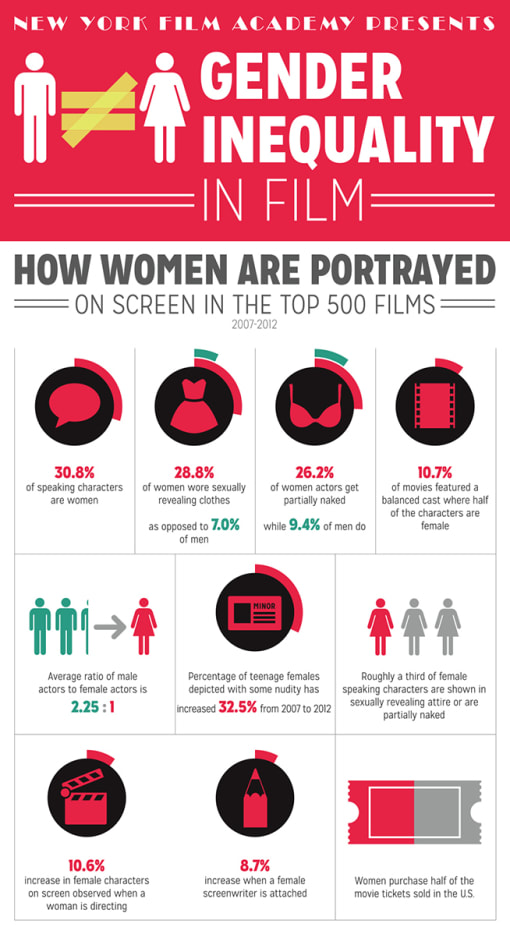
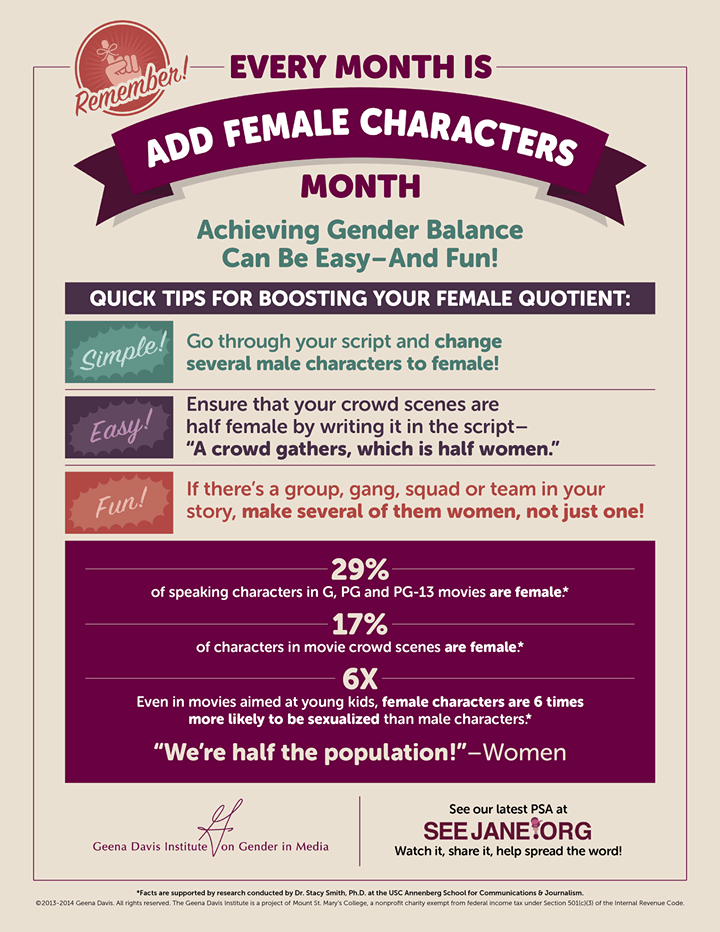
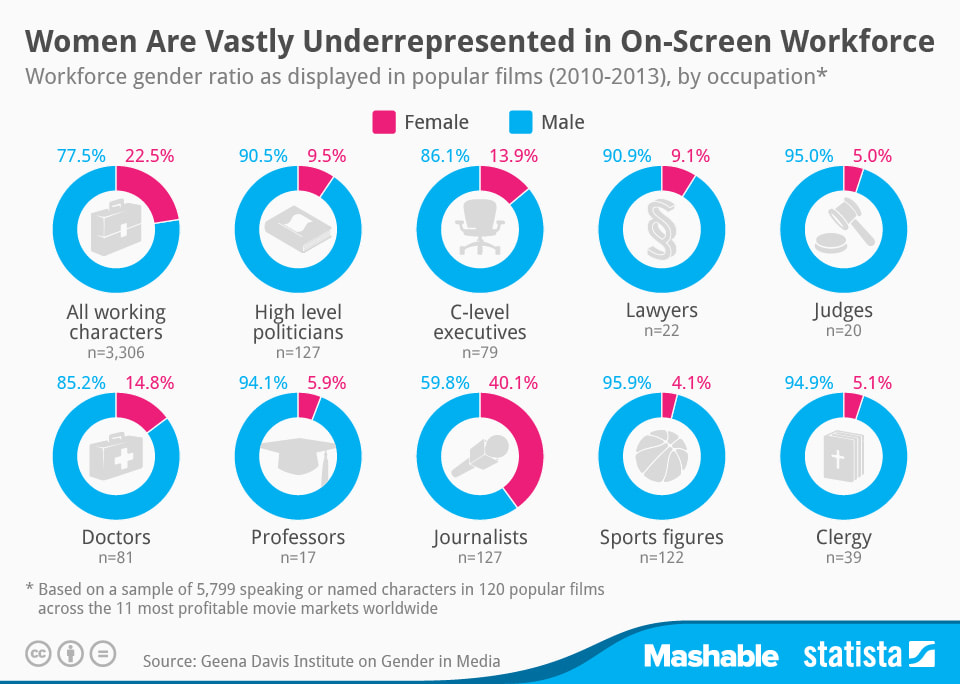
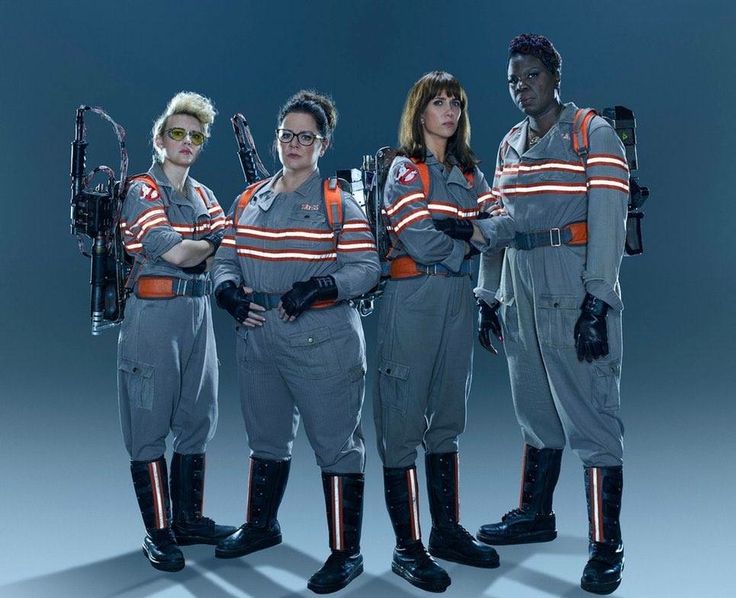
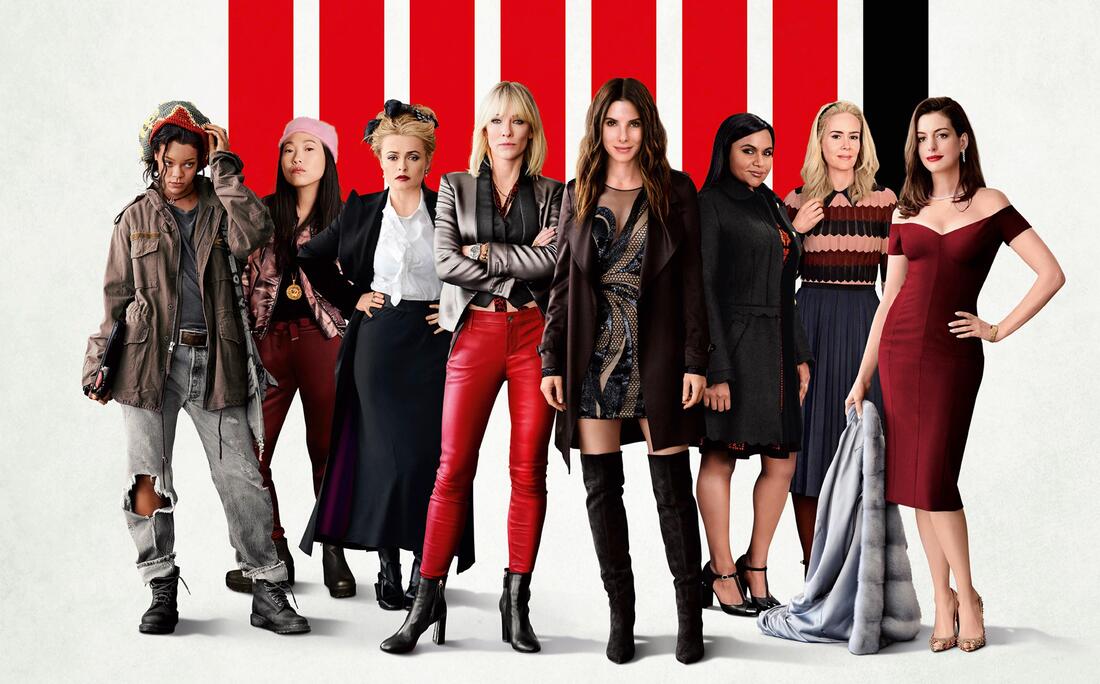
 RSS Feed
RSS Feed
